“Why would you eat like that?” “That’s so weird.” “How do you even function?”
These are all phrases I’ve heard in response to my decision to become a vegetarian. We live in a world of diets and decisions, where the choice of being vegetarian is seen as a personality — a hippie who is overly attached to animals, seeing them as “friends.” But here’s the truth: Vegetarians are not all the same. My initial decision may have had something to do with protecting animals, but my decision to continue this diet today has a completely different reason.
My parents love telling the story of how I became a vegetarian in the first place. We were walking through a food court and passed by a butcher shop, where I noticed a whole pig lying dead on a plate with an apple wedged in its mouth. As my stubborn little eyes met the pig’s lifeless body, I began to question everything I knew about meat. “Mommy? Is steak cow?” I asked my parents. “Is chicken like the ones from farms?” “Is Thanksgiving turkey actually a turkey?” To which they all replied, “Yes.” “Oh no!” I yelled. “Is bacon, pig?” I didn’t necessarily love pigs, but I REALLY loved bacon.
After my resulting decision to become a vegetarian at the age of 5, I was determined to stay true to that choice for my entire life. But as a vegetarian today, I need to realize the world is not exactly the same as it was when I was a younger child. I have been lucky enough to grow up with a family that supports my decision and changed dinners to adhere to my vegetarian diet, which is a choice many people, not just my family, make.
According to Great Green Wall, 5% of Americans are vegetarian, which sets the U.S. up as the 15th largest contributor to the total vegetarian population. Adults ages 65 and older make up the highest percentage of the total vegetarians in the U.S. at roughly 26%, with adults between the ages of 30 and 49 composing the lowest percentage at 19%. Out of the entire world population, women make up around 74% of global vegetarians, and India has the highest amount of vegetarians: 31-42% of the global percentage.
There are lots of reasons why people choose not to become vegetarian, the main being a lack of vitamins and protein in the diet, including iron, vitamin D and calcium. A lack of vitamins can lead to physical and mental health issues, such as low iron levels, anxiety, depression and eating disorders. While it is very possible to get these vitamins from vegetarian sources, these options are not always cost-effective for every family.
Being vegetarian can cause problems, but so can a regular diet consisting of meat. With the rise of vegetarians, meatless products such as tofu, beans, chickpeas and pea protein have stepped up to the spotlight gaining attention and credibility. These products provide high levels of protein and vitamins that are vital for all of our well-being. In fact, raw lentils carry more protein pound for pound than a cooked steak. This is just one of the many protein options available for vegetarians today. Other options include tofu, beans, tempeh, seitan, spirulina and quinoa.
Being vegetarian is the most effective way that people can combat climate change in their everyday lives. According to Down to Earth Natural, being vegetarian can help decrease the amount of land, oil and water we use.
Just because you eat meat does not mean you are hurting the planet, and just because you are vegetarian doesn’t mean you are saving it. Therefore, there are not only two options: eating meat and not eating meat. Small steps can be taken in both directions to balance your diet and to help the planet. Finding ways to limit the amount of meat in your diet, not just getting rid of it completely, can be a great way to get started. Archer practices meatless Mondays, so try not to grab the chicken nuggets — try the pasta instead.
Some people ask me if I miss meat or feel like I am missing out on American food culture. Honestly, I don’t because I love being a vegetarian. Sometimes, it is hard to pass on some foods, but I have never found it getting in the way of my life. So don’t become a vegetarian if does not make you happy or fit with your health, but do try to cut back on the amount of meat you consume in a day, week or month.
Many people can’t imagine living a life without meat. I can’t imagine living a life with meat. To me, being a vegetarian is the norm, and while it may have taken me 10 years to get to that place, I am very happy with my decision.




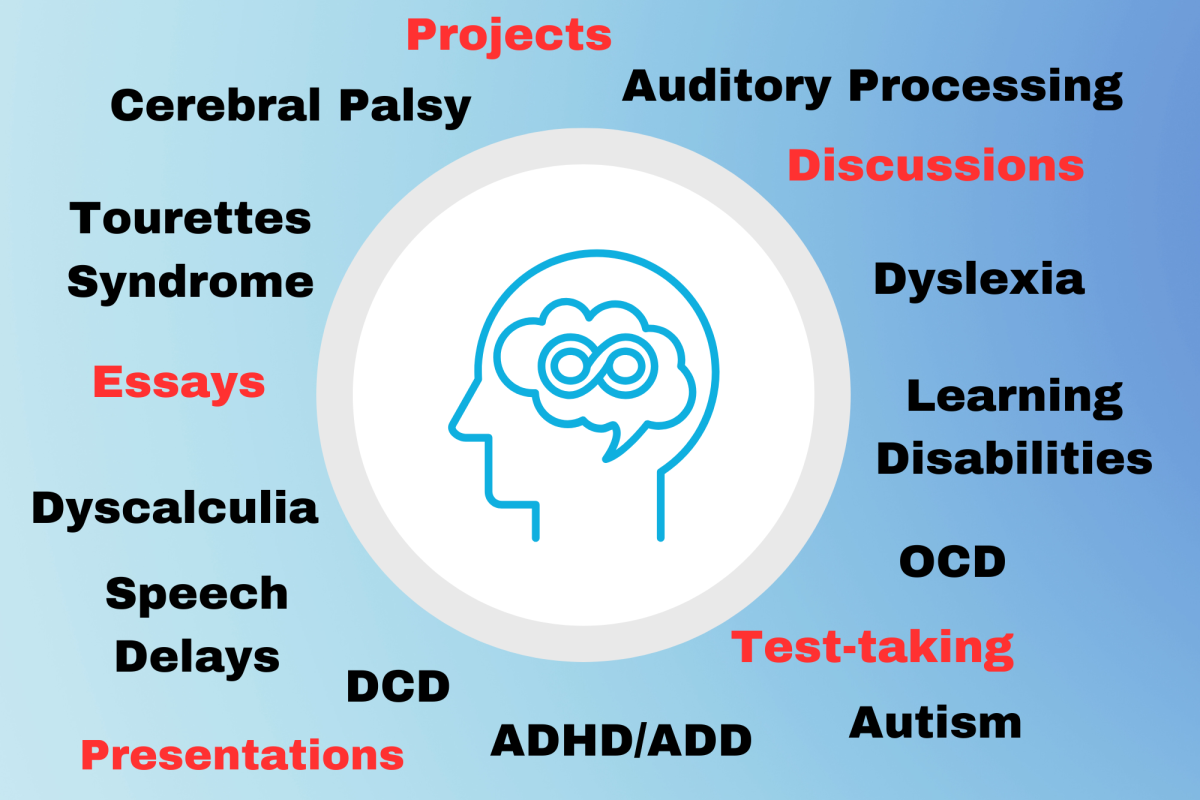
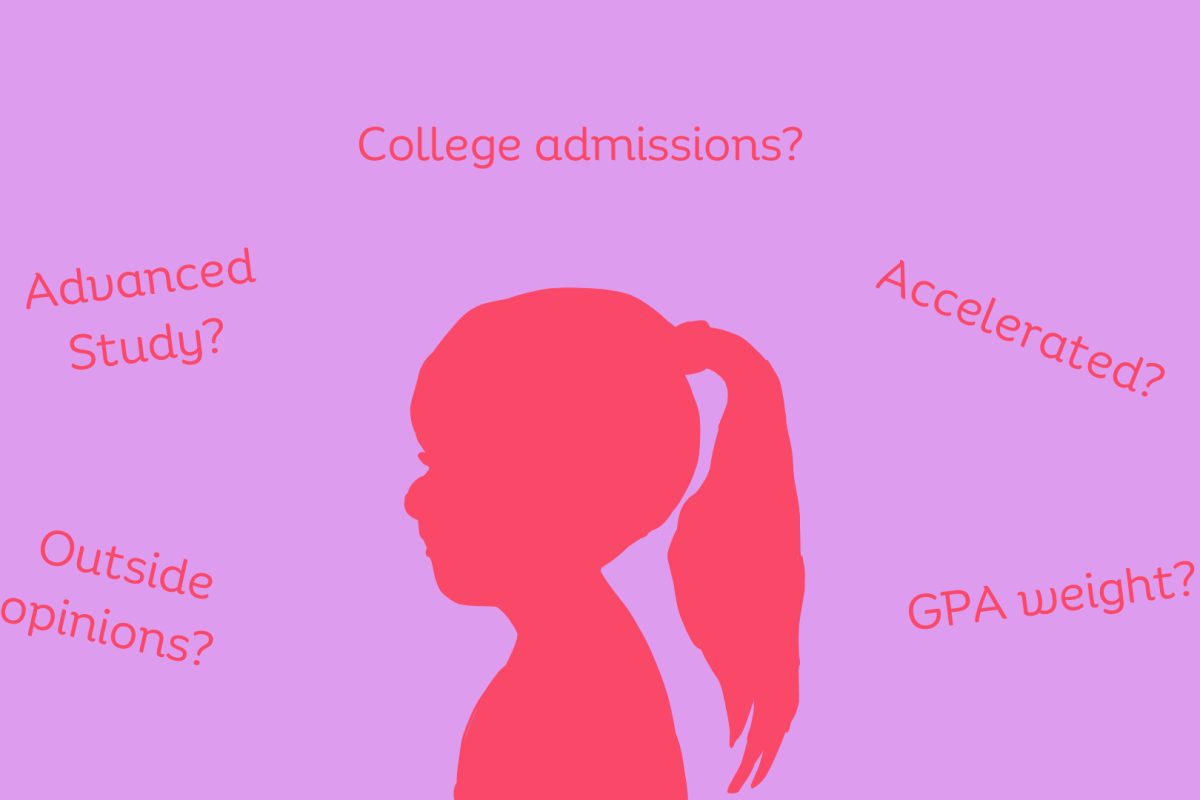
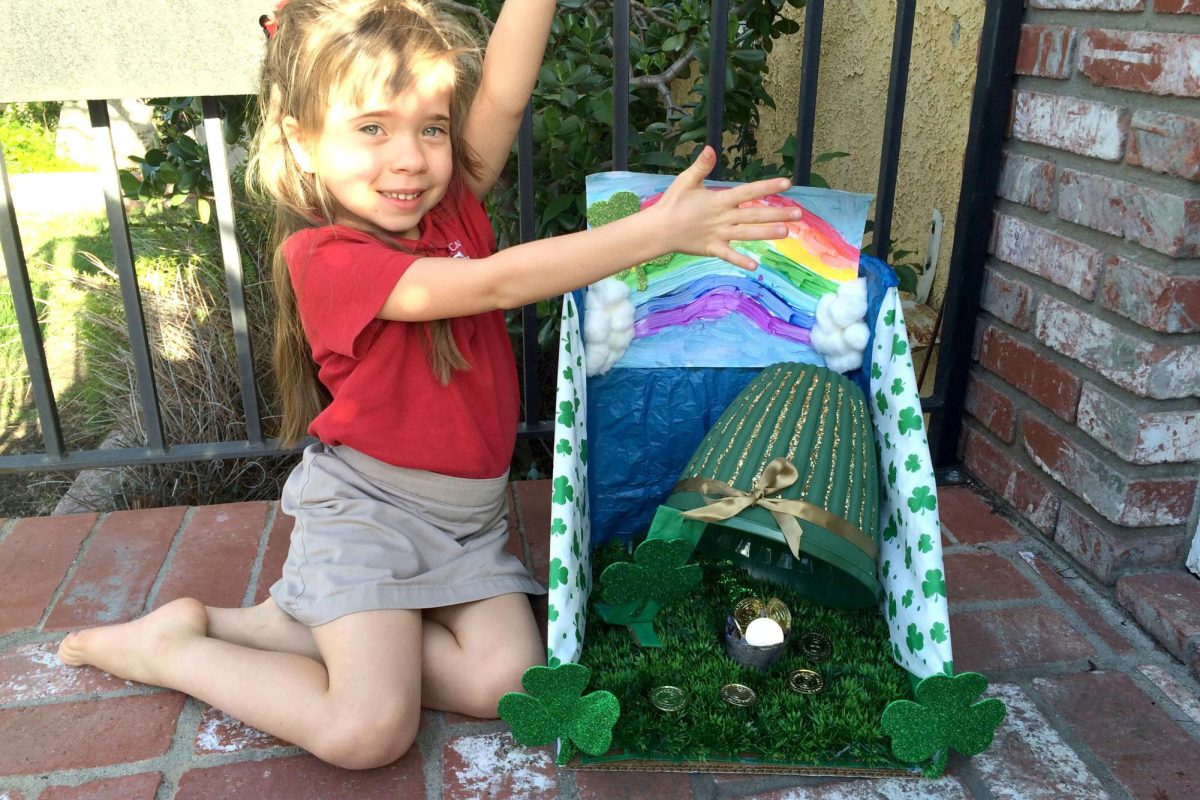
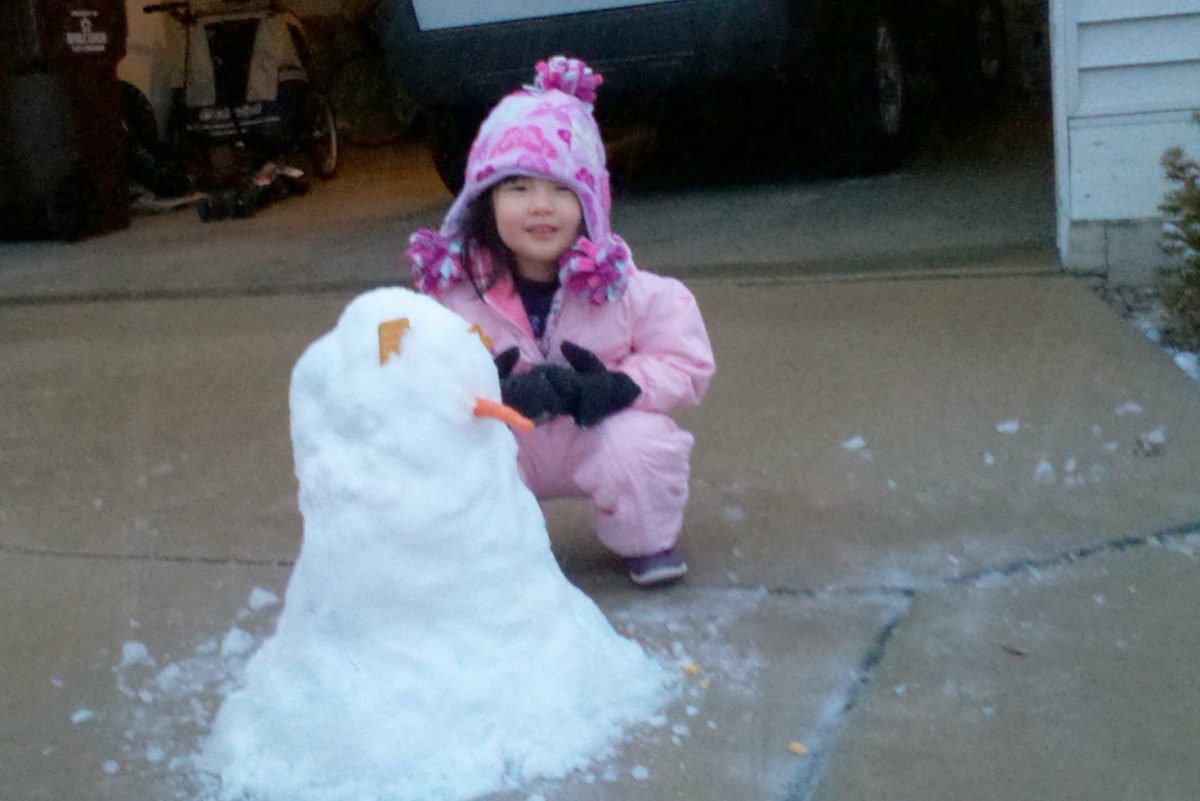






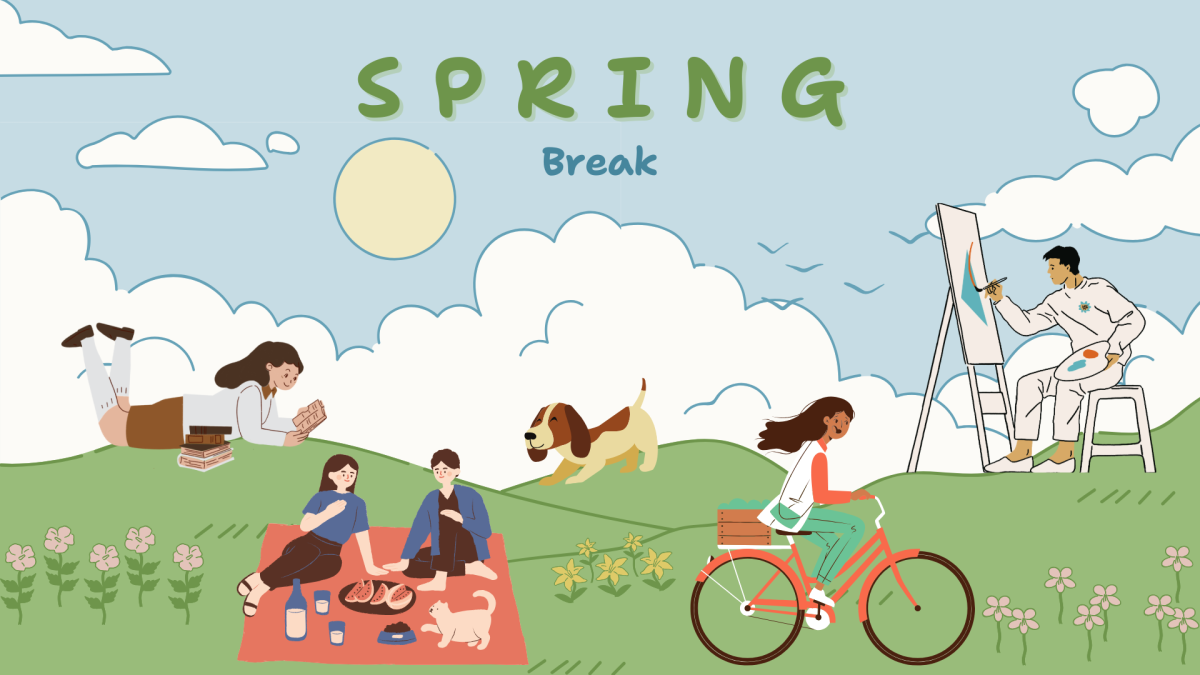


Lura Osborne Smulders • Apr 27, 2024 at 10:03 am
I am so impressed with your ability to communicate so beautifully and make such a compelling point! I’m proud of your dedication to your lifestyle choice, I know you missed bacon and salmon at first, but you remained so dedicated! We have a least one meatless day now, thanks to you, and we are planning to do two!
Bert Smulders • Apr 27, 2024 at 9:18 am
Well researched and balanced opinion peace, Shae, thank you
Kriss Light • Apr 27, 2024 at 8:27 am
Shaelyn this is such a personal take on your choice to not eat animals. Gentle, carefully researched and quietly inspiring. I’ve shared it with a few friends. Thank you for sharing your journey with us.
Love, Grandma Noni
Vivianne Arnold • Apr 22, 2024 at 5:53 pm
I love this article, Shae!! Really well written and also an interesting argument I feel I don’t see a lot. I will be thinking about this for a while.
Caroline Fu • Apr 15, 2024 at 2:57 pm
Great job Shae! You are so talented and this is such a well written article!!